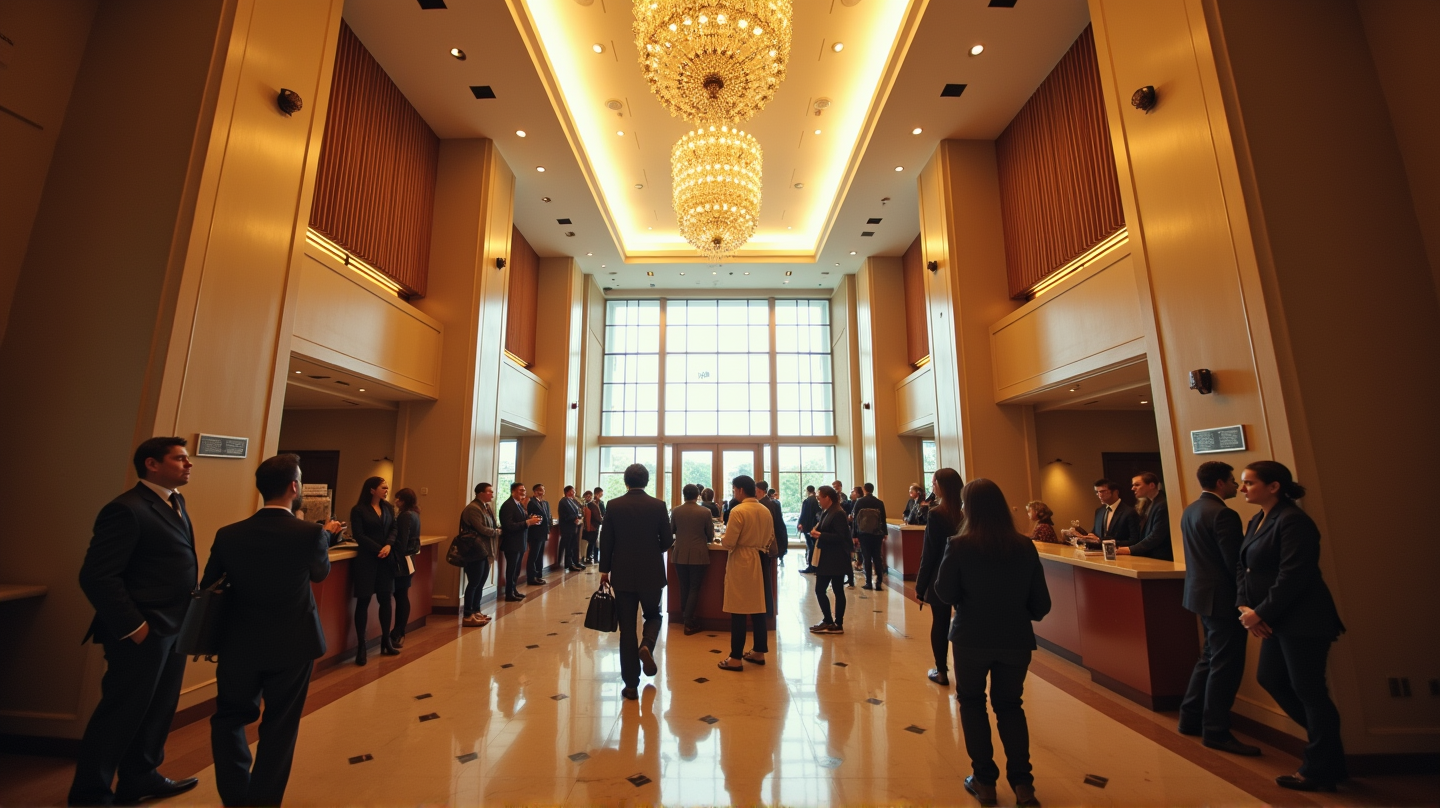Los Angeles Embraces a Bold New Wage Era in Hospitality
By 2028, hotel and airport workers will see a wage boost to $30 an hour, aiming to foster economic growth amid looming challenges.

Taking a Giant Leap Forward
In a groundbreaking move, the Los Angeles City Council has approved a measure to increase the minimum wage for hotel and airport workers to $30 an hour by 2028. This audacious decision is aligned with the city’s preparation for the 2028 Olympics and Paralympics. According to the City Council members, the new wage increase isn’t just feasible; it’s a signal to the world that Los Angeles is committed to valuing its workers in tourism.
The Ripple Effect of Wage Increases
Beginning in July 2025, an increase to \(22.50 an hour will initiate a cascade of raises, leading to the pinnacle of \)30 by 2028. This policy also comes with health care stipends for these essential workers. While critics fear budgetary strain and reduced investments, the city leans on research like David Roland-Host’s, predicting a mere 6% rise in hotel rates while spurring creation of 6,000 full-time jobs.
Lessons from the Past and Hopes for the Future
Despite resistance, including ominous predictions from industry leaders fearing collapses and stalled projects, history tells a different story. The successes of past labor movements in L.A., notably orchestrated by UNITE HERE Local 11, which moved the pay scale upwards, appear to bolster this initiative’s rationale. Hotel development has soared in parallel with wage hikes, and upcoming world-class events such as the World Cup and Super Bowl promise sustained growth.
A Reality Check: Living Costs and Aspirations
However, let’s not lose sight of reality. Economic challenges remain, as shown by Brenda Mendoza’s daily long commute to afford life outside L.A. A single adult with one child requires $48.65 an hour to live comfortably by recent MIT’s estimates. Therefore, while the ordinance propels wages forward, advocacy for affordable housing becomes equally imperative.
A Bet on Prosperity
The skepticism of stakeholders like the Valley Industry & Commerce Association persists, sounding alarms over municipal budget impacts. But optimistic voices in the city predict a future where increased wages stimulate overall economic health and positivity. “We don’t see any empirical evidence of massive layoffs in response to minimum wages anywhere in California,” asserts Roland-Host, emphasizing optimism for L.A.’s economic framework.
This momentous policy is more than just a wage rise; it’s a step toward shaping an economy that truly reflects the efforts of its workers. The future remains uncertain, but Los Angeles stands firm, ready to redefine the landscape of hospitality and work.

